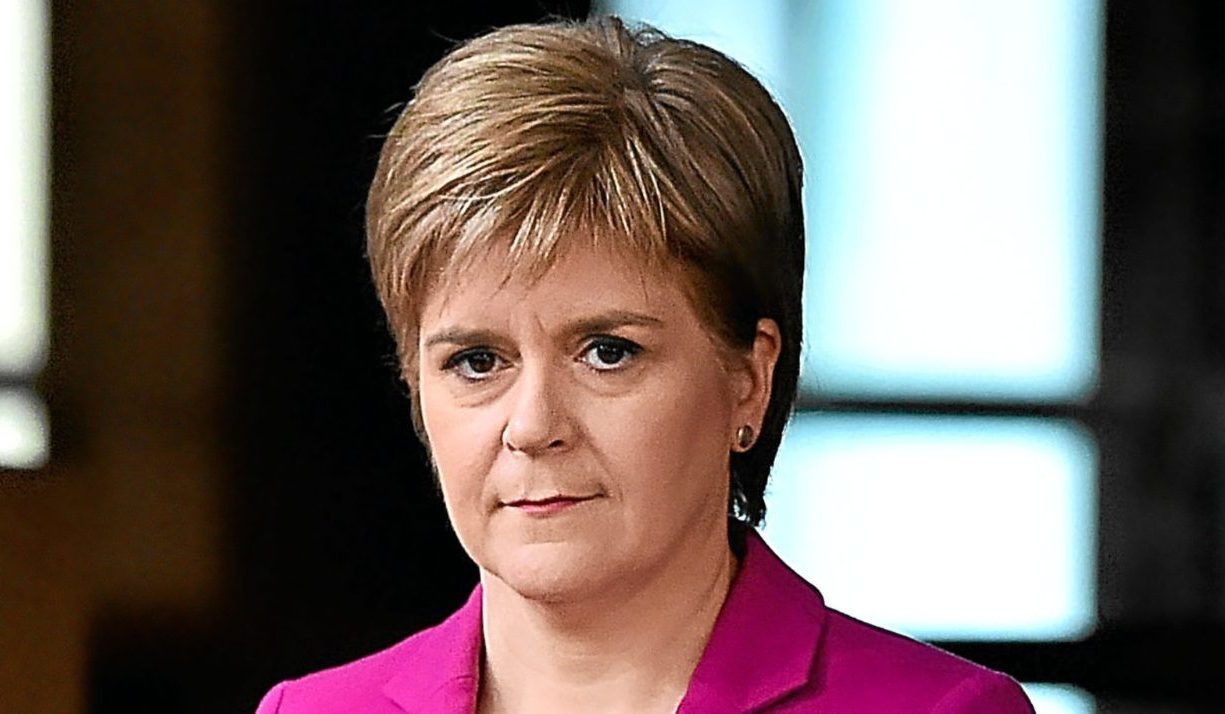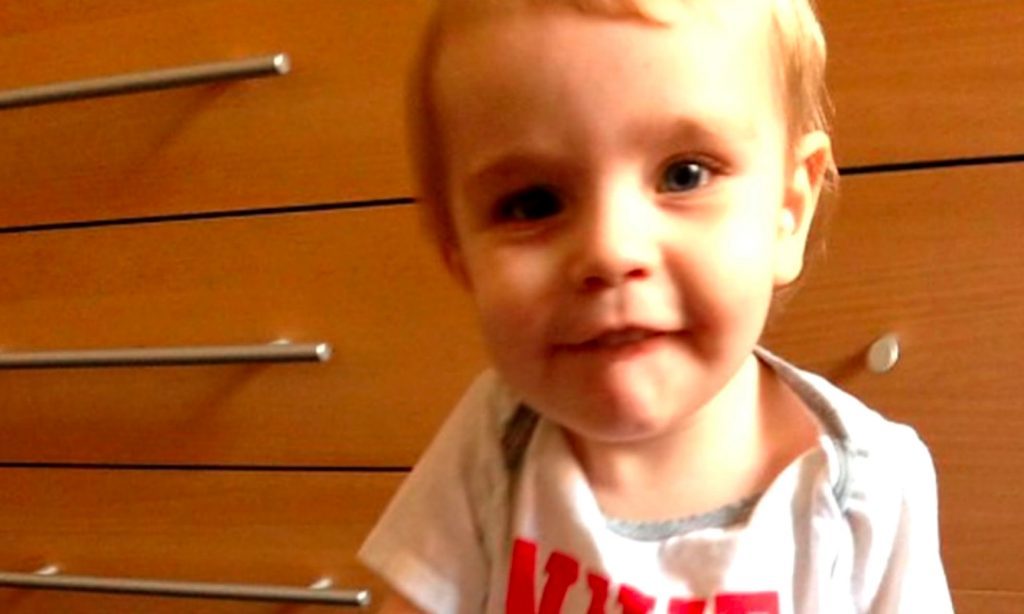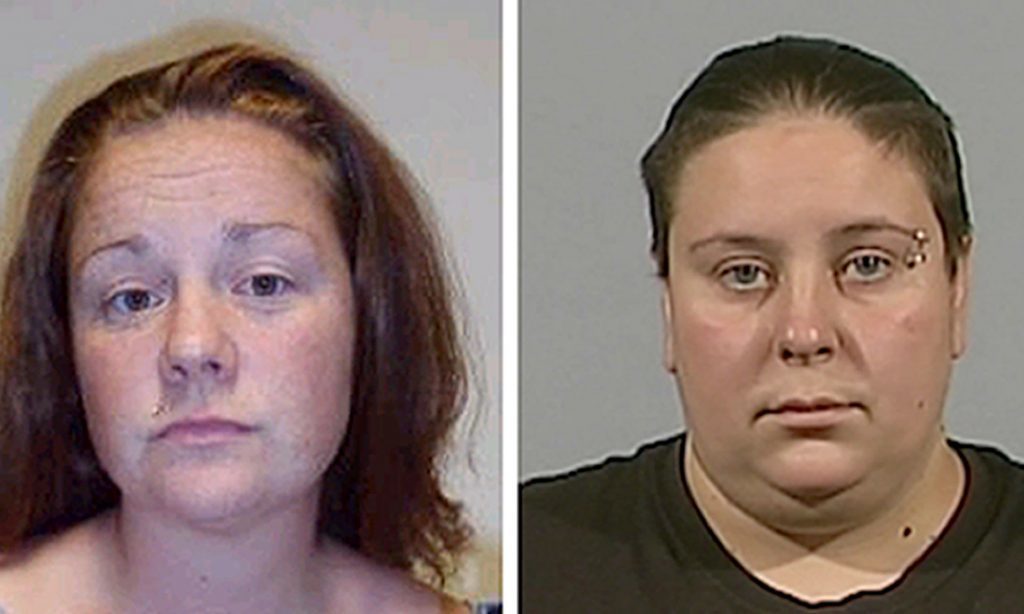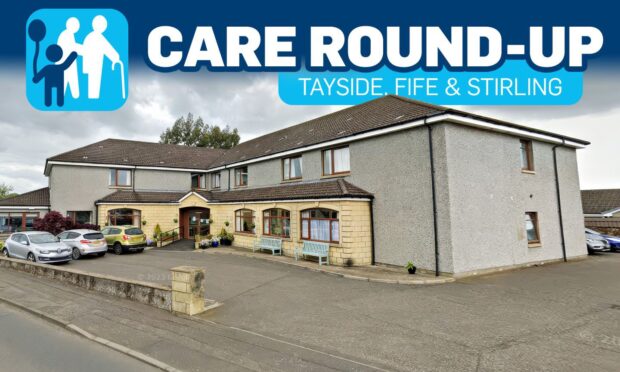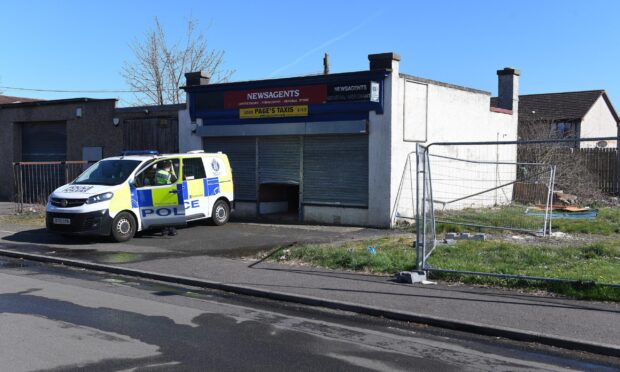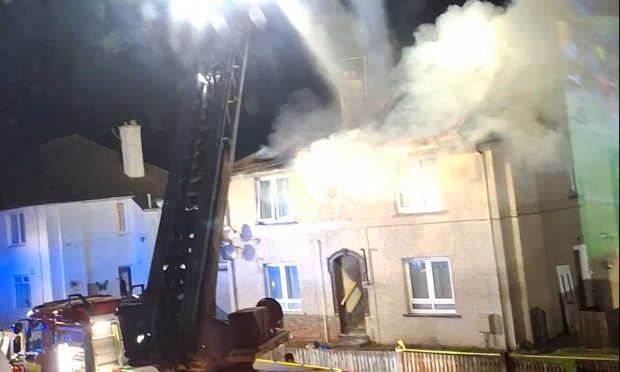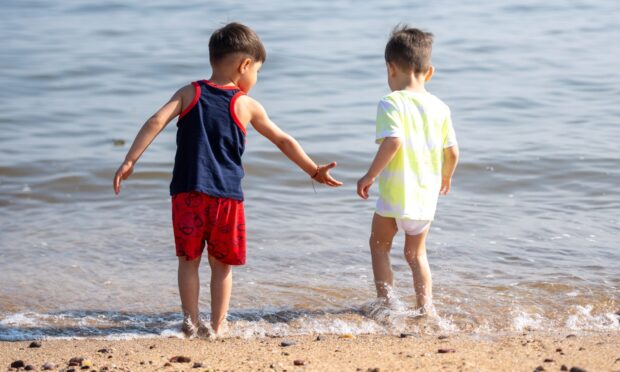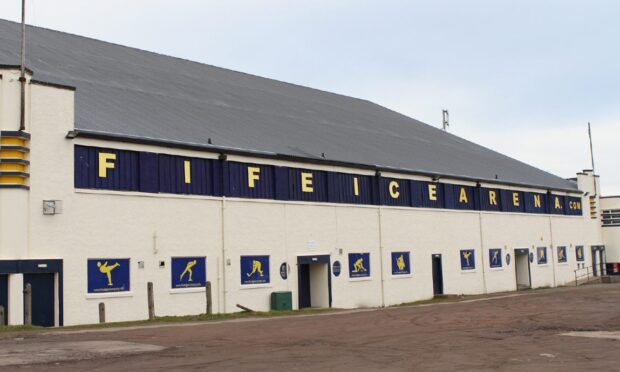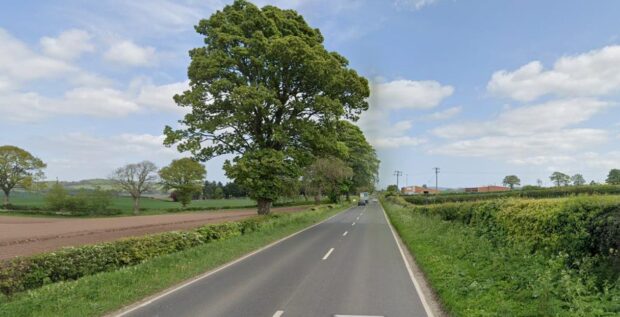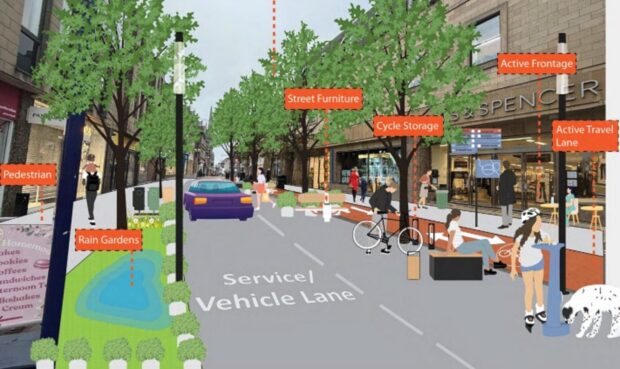Nicola Sturgeon has told of her “shock, horror and revulsion” at the murder of toddler Liam Fee.
The First Minister said the significant case review into the circumstances leading up to the murder of the two-year-old by his mother Rachel Trelfa or Fee, 31, and her partner Nyomi Fee, 29 is the “right way to go forward”, but it must focus on learning the right lessons and not “jumping to conclusions”.
She told Radio Clyde: “My personal reaction is the same as the reaction of every right-thinking human being across the country – just one of shock, horror and revulsion, and also just an overwhelming feeling of sadness that this wee boy in his young life suffered in the way in which he clearly did.
“I want the same as everybody wants, to make sure that all the lessons that need to be learned in the case are learned and applied in the future. What makes it different for me is that I’m First Minister and I have responsibility to make sure that these lessons are learned.”
Asked if Liam’s death pointed to a failure in the Scottish Government’s planned named person initiative, as a pilot scheme was running in Fife when he died, she said she would not comment specifically on his case, but added: “The named person scheme is an attempt to reduce the likelihood of anyone falling through the net.”
During the couple’s seven-week trial at the High Court in Livingston, several witnesses described contacting social services in Fife with concerns over Liam’s health and wellbeing.
The court also heard the boy had dropped “off the radar” of Fife Council’s child protection team.
Alison Todd, chief executive of charity Children 1st, told the BBC the “unimaginable cruelty” experienced by Liam and two other boys who were abused by the couple had “shocked the whole of Scotland”.
She said: “We have heard that Liam fell off the radar, and again it’s important that we understand why that happened and make sure that we make provisions so that it doesn’t happen again.”
Patricia Smith – who lived near the family and was one of those who contacted social services – told BBC Scotland’s Good Morning Scotland programme she felt her call served little purpose.
She said: “They told me that they would send a health visitor round, but the feeling I got after that call was that I shouldn’t have bothered. I personally felt like they were maybe getting quite a few calls about them and this one was just another one on the list that was creating them more work.”
Professor Brigid Daniel, a child protection expert at Stirling University, told the BBC that authorities face the challenge of “maintaining that balance of empathic support for parents… but also being able to maintain that sharp focus on the needs of the child and the potential risks”.
